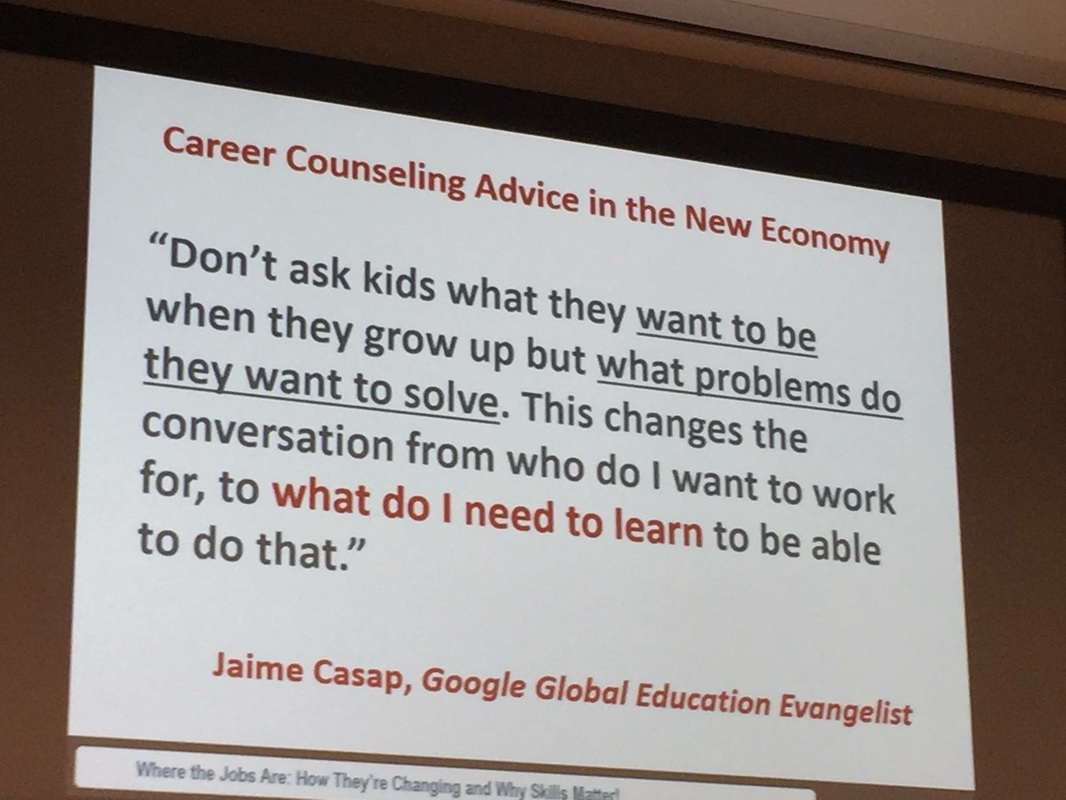Answer: They don’t.
The people who agree to write you a letter of recommendation are doing you a huge favor. They do it because they think you are amazing and want to see you succeed, no doubt, but the request should not be casual or taken lightly.
I recently listened to the dean of a very selective southern college tell a group of college counselors that if students don’t have great recommendations, it’s their own fault. Harsh? Yes, a bit, but there is also truth in this statement. Here’s how colleges see it:
- You have control over whom you ask for your recommendations.
- It was up to you to develop a quality relationship with your teachers, counselors, and mentors. This cannot be done in the snap of a finger, so if the effort was not there to begin with, it’s no surprise it didn't show up in the letter.
- The onus is on you as the student to provide the recommender with the materials needed to write you the best letter possible. Failure to do so often results in a low quality letter.
Here is our guide to getting great letters of recommendation:
STEP 1: Whom to Ask
You first need to start with a perusal of your colleges’ requirements for letters of recommendation. Some schools (we are looking at you, University of North Texas) don’t need them or want them as they are not used in their review process which is largely based on your grades and test scores. Other schools like Davidson and Dartmouth like to see a letter from a peer. Even others, such as Baylor, might value a letter of recommendation from a youth pastor or minister. As a generalization, and allowing for individual preferences by certain colleges, we recommend this:
- Two letters from 11th grade core-subject teachers
- A letter from your high school counselor
- Two outside (or “other”) letters from people who know your character and achievements that are not academic (this cannot be written by a parent). You can be out of the box here. Last year a student had the high school janitor write one of his letters to much success. Choose the people that authentically know the best in you.
Whom NOT to Ask
- An alumnus of the college you are applying to. Your admission officer will not be appreciative of this because it looks like you think you can leverage something other than merit to give yourself an unfair or undue advantage. Don’t play this game. Unless the person genuinely knows you the best of all the people you could ask (and just happens to be an alum -- that should not be the main point of their letter) don’t ask them. Seriously.
- The mayor / senator / councilman / principal of the school / etc. Same rule applies here as in the above bullet point. If you are asking them because you think their title carries sway in the admissions process, you are wrong and you have misunderstood what admissions officers want to see in the letter. This is not a test of your (or your parents’) abilities to work your connections. This is supposed to give insight into your character and academic potential. It says the wrong things about your character to attempt to leverage a title to get you in.
When to Ask
Ask your teachers and counselor at the end of your junior year (we recommend after the craziness of AP testing is done but before the last two weeks of school). This does not mean they need to, or even should be expected to, write the letter before the year is done. Rather, it is a polite way of starting a conversation with them about your desire to have them support your college application bids. It is an opportunity to tell them where you are applying, what you want to study, and why you are asking them for their support. It allows them ample heads up that you will be adding them into your applications over the summer so they aren’t surprised when they see an email in their inbox saying you’ve added them to your Common Application when it goes live in August (over the summer, before anyone is back at school). You can ask in the fall, and many teachers (and counselors) will tell you to come back then. However, I strongly suggest an end of junior year polite foray into a conversation about your desire to have them write the letter on your behalf.
How to Ask
Always ask in person. Make a specific appointment to sit down with them to have a real conversation about your request. Don’t make this casual or in passing. Treat the request with the degree of importance you would like them to also give to your letter. Email them to make an appointment to sit down for 15 to 20 minutes to talk about all the reasons they are awesome, what you’ve learned from them, the ways you have also been awesome while in their presence, and where you are planning to apply to college.
What to Give Them
Our students make “recommendation packets” for each person that writes them a letter. These take time and thought to prepare. Remember the effort you put into the request should reflect the effort you would like to receive in turn.
This is one of the planning tools we use with our students to help them create their Recommender Packets. Print this and fill it out to help you plan your own.
Here are example Recommender Guides from a student who had very successful recommendation letters that were effective in the admissions process.
And here is a resume template you might find useful, as well.
A Final Note
At the end of the process, remember to say thank you. You are off on an exciting (and challenging!) journey. You can tackle it bit by bit, and be sure to send thanks to those people along the way who support you and help you launch into this next amazing chapter of your life.









 RSS Feed
RSS Feed
